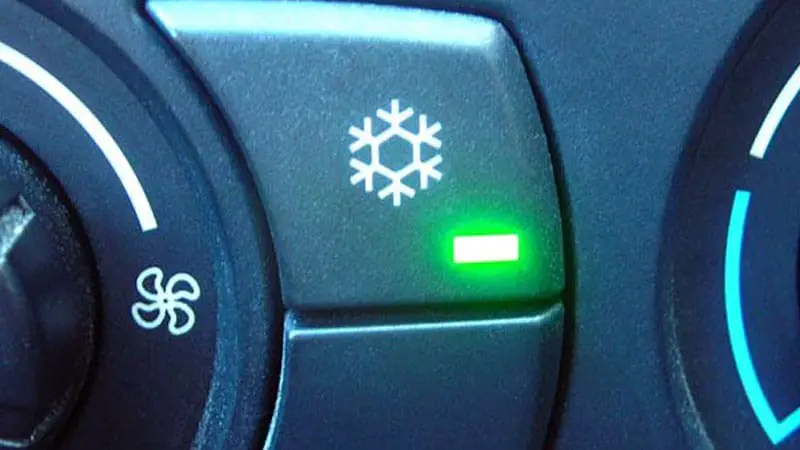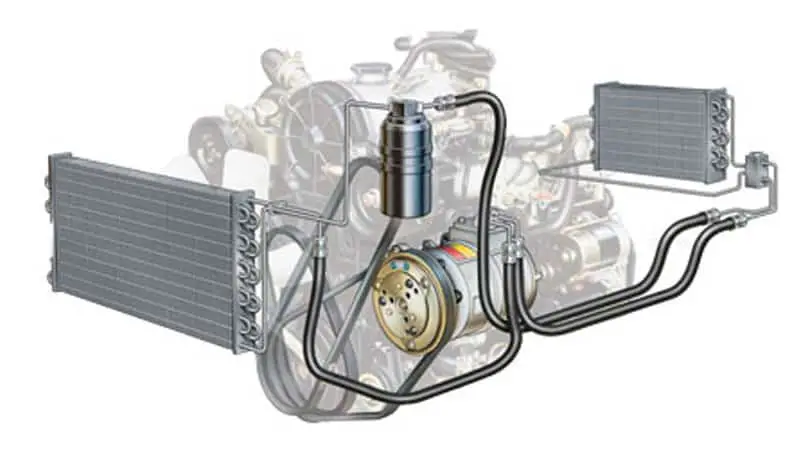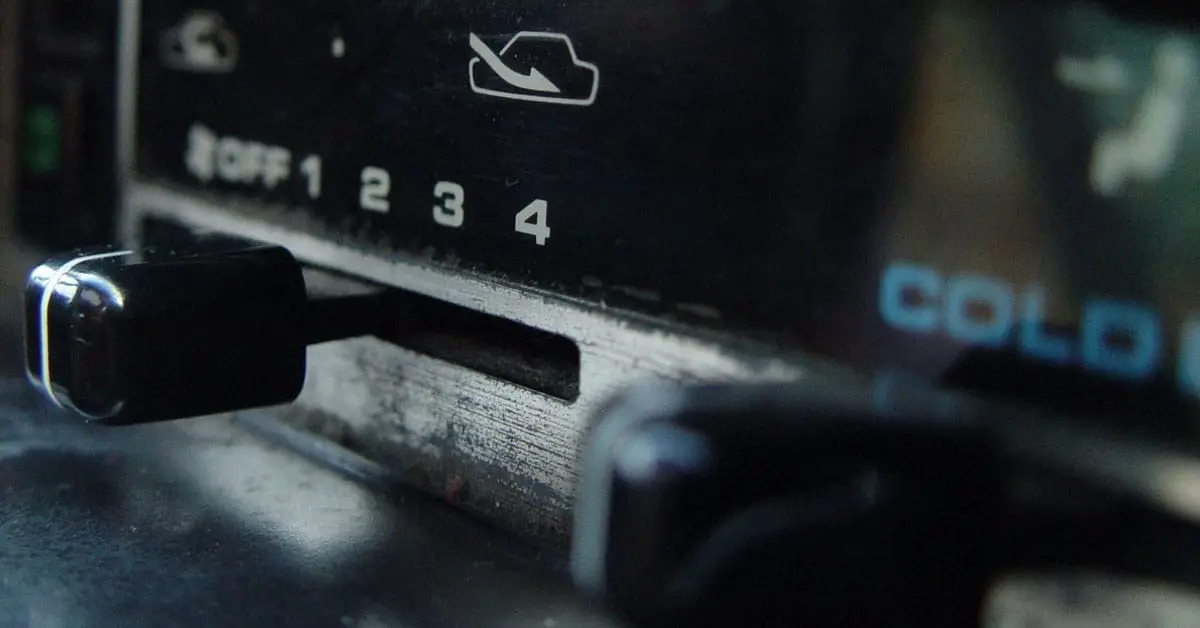There can be nothing more frustrating than driving along in some sweltering heat and the air conditioner suddenly stops. You may find that it works fine for a few minutes but then stops working, only to come back on again. So why does the AC stop working after a while?
AC turning off and on or stopping working means you have too much or not enough refrigerant. It may also be faulty fans or blocked vents. If the AC only works when traveling at certain speeds, this could be a faulty sensor or fan on the condenser.
I’ll show you what to look for to diagnose the AC working intermittently. There are some common faults that are easy to spot and fix or at least helps inform you that it is time to take the vehicle to a professional.
Why Does The AC Stop Working After 20 Minutes?

AC systems rely on a few systems, physical processes, and fans to get the conditioned air into the cabin. You should check whether the electric cooling fan that sits beside the condenser is running. The condenser is located near the front radiator.
Depending on the vehicle, this fan may be running at all times or speed up when the AC is on. You will also want to check whether the electrical cables and wires for the fan are seated firmly and there is no obvious damage.
As the car moves faster, such as at freeway speeds, refrigerant flow is aided by the additional airflow. If you notice that your air conditioning works better at high speeds and not at all while idle, you should definitely check the fans.
One of the most common causes of the AC to stop functioning is low coolant. Also referred to as ‘charge’, the gaseous refrigerant will stay in the evaporator longer if it is too low or not properly pressurized due to a leak.
Due to how the cooling process works, improper amounts of refrigerant mean that the evaporator cannot function properly. This can result in either blowing cold air when it is supposed to be warm and vice versa.
Humidity in the cabin air freezes on the evaporator. You can even check this yourself by running the car with the AC on for a short period of time and then check the evaporator or condenser. You may notice freezing instead of the usual condensation covering the unit.
This process of freezing is the explanation why the AC works sometimes and not other times. Once the freezing has blocked the pipe, it cannot function properly but due to the general heat of the engine, it will gradually unfreeze, allowing the AC to work again.
Many links in the AC chain can cause similar issues. Look for blocks causing low airflows such as a clogged cabin air filter or blocked vents. Any of these can lead to the freezing of the evaporator and the AC switching off.
Leaks of refrigerant from the AC system will allow air and moisture to enter. Ignoring leaks and just topping up the refrigerant every few months will only compound this issue. This will result in the build-up of too much internal moisture which in effect is the same as low coolant.
While leaks of refrigerant itself can be hard to spot, pools of water under your vehicle can be a sign of it leaking refrigerant. For example, if you notice a puddle of water under the vehicle after using it, that could be the sign of a low charge.
All the ice frozen around the AC components has melted and drained out via the condensation tube, forming into a puddle.
Interestingly, if you notice your AC blows cold then warm this is more likely caused by excessive moisture. In this case, you won’t notice a decrease in airflow nor will you see a puddle of water under your vehicle. But you will likely still need to flush your refrigerant.
Certain safety features of the AC can cause it to turn off. Overcharged AC systems may work fine in the beginning, but after a few minutes will start pumping warm air. This is due to the high pressure triggering the compressor to turn off.
This can cycle back and forth, allowing the compressor to start up again. This means you get a short period of cold air, followed by warm air. Normally the best solution is to recharge the AC.
Pressurization issues with too little coolant can also cause a similar issue. Safety mechanisms may even switch off the AC system if the pressure is too low in the system.
The condenser is one of the most important components of the AC. If it fails, this is typical because the coils get dirty and the refrigerant’s effectiveness will be reduced significantly. This may result in warm air instead of cool air.
How Can I Make The Air Conditioning Work Better?

Pre-cooling your vehicle before you drive is not the best option. In fact, the air conditioning will work much better when you’re actually driving rather than idling the engine. This is because the faster the engine turns and the increased airflow from the vehicle moving both contribute to better AC.
In the case where you have passengers, consider turning off the recirculation mode. While recirculation makes the front part of the car much colder, the air in the back can get stale and will not cool as much.
Consider turning off the stop/start feature to increase your AC’s effectiveness. New vehicles will have an automatic stop/start ignition for when waiting in traffic. While this is great for saving fuel, it also sometimes prevents the AC from running when it is engaged.

